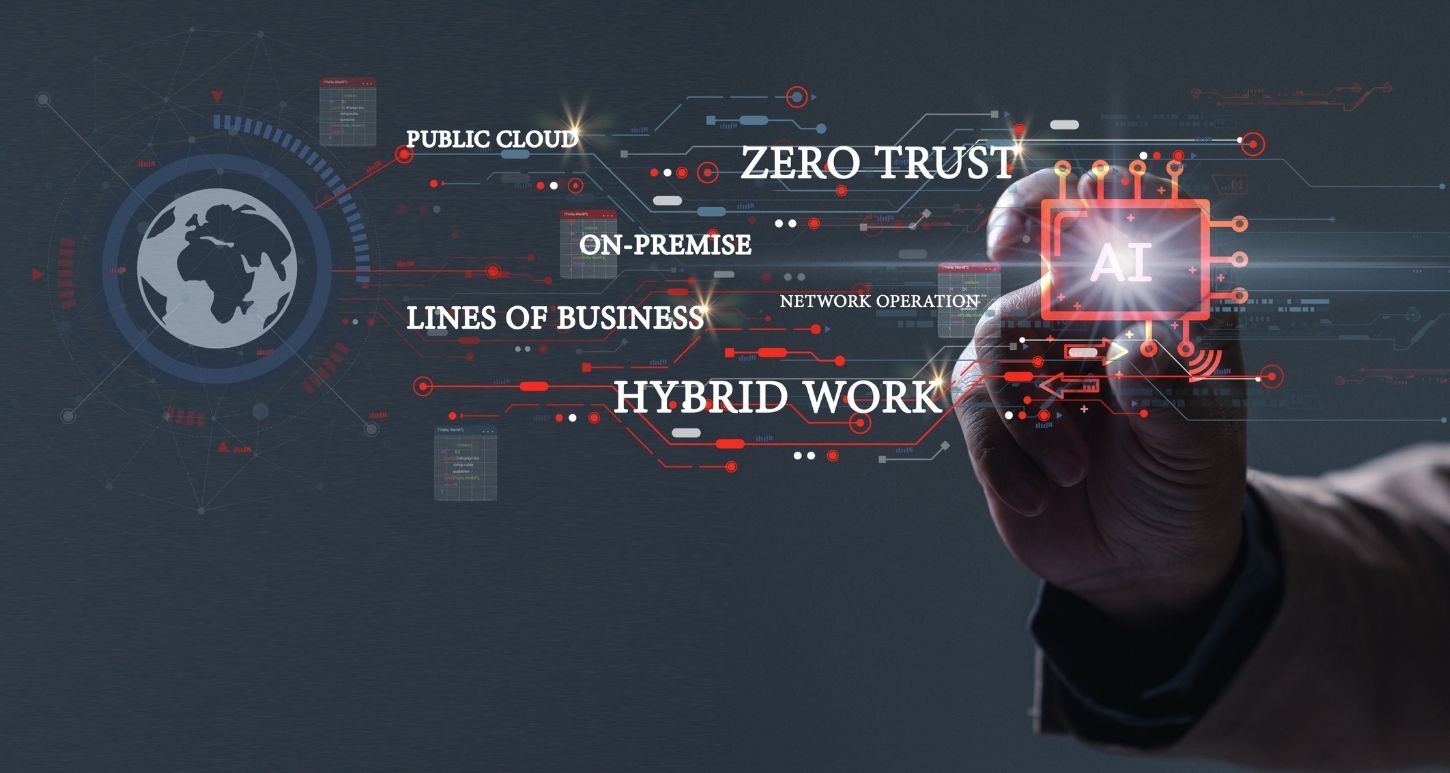By Richard Arneson
If mobility isn’t one of the most used words of the past ten (10) years, it’s got to be a close second. And mobility is no longer just about using Smart phones or tablets to purchase Christmas presents and avoid trips to the shopping mall. Mobility is transforming the way businesses operate, how their employees collaborate, and, ultimately, how it can generate more revenue. With the rapidly increasing implementation of BYOD (Bring Your Own Device), companies need to ensure that connectivity is fast, reliable and provides seamless, highly secure connectivity. And with the Internet of Things (IoT), companies can now offer customers immediate value and utilize advanced data analytics to better understand buyers’ tendencies and purchasing behaviors.
With so much at stake, it’s critical that companies carefully develop a mobility strategy that helps employees optimize their time and ultimately deliver bottom line results. Following are some of the many reasons why companies are turning to MMS providers to ensure they’ll get the most out of their mobility solutions.
Skillsets
Counting on your existing IT staff to have the necessary skillsets in place to create, then implement, a mobility strategy could end up costing your organization considerable time and money. Having them attempt to ramp up their mobility education is fine, but it lacks one key component―experience. You wouldn’t have a surgeon with no prior hands-on experience operate on you or a loved one. Why do the same with your company’s mobility strategy?
Resources
Lack of experience goes hand-in-hand with poor time management. In other words, the less experience, the longer it will take. And pulling existing IT staff off other important key initiatives could mean putting projects on hold, if not cancelling them altogether. And the time it takes to remediate events that have occurred due to the lack of empirical knowledge will only exacerbate the issue.
Security
With the ever-increasing demands for mobility solutions and applications, ensuring that company data is critically protected can’t be overlooked or handled piecemeal. Doing so will leave you in reactive, not proactive, security mode. Mobile security is being enhanced and improved on a regular basis, but without the needed expertise on staff, those security enhancements could fall on deaf ears. Also, an experienced Mobility Managed Solutions provider can help you set needed security policies and guidelines.
Maximizing Employee Productivity
One of the key reasons companies develop and enhance mobility solutions is to help ensure employee productivity is maximized. Not conducting fact-finding interviews with different departments to understand their existing and evolving demands will mean your mobility strategy is only partially baked. And trying to retro-fit solutions to address overlooked elements will result in additional time and unnecessary costs.
Monitoring
Mobility solutions aren’t a set-it-and-forget-it proposition. They must be managed, monitored and optimized on a regular basis. Updates need to maintained and administered. And as with any new technology roll-out, there will be confusion and consternation, so technical support needs to be prepped and ready before trouble tickets start rolling in.
Best Practices
There are a number of best practices that must be considered when developing and implementing mobility solutions. Are you in a heavily-regulated industry and, if so, does it adhere to industry-related mandates? Have mobile form factors and operating systems been taken into consideration? Will roll-out be conducted all at once or in a phased approach? If phased, have departmental needs been analyzed and prioritized? Have contingency plans been developed in the event roll-out doesn’t perfectly follow the script you’ve written?
Costs
Lacking the mobility experience and skillsets on staff could mean unnecessary costs are incurred. In fact, studies have shown that companies utilizing a MMS provider can save anywhere from 30 to 45% per device.
Experienced Expertise
Each of the aforementioned regarding mobility solutions are critically important, but all fall under one (1) primary umbrella―experience. You can read a book about how to drive a car, but it won’t do you much good unless you actually drive a car. It’s all about the experience, and mobility solutions are no different. Hoping you have the right skillsets on staff and hoping it will all work out are other ways of saying High Risk. Hope is not a good mobility solutions strategy.
If you have questions about your organization’s current mobility strategy, or you need to develop one, contact GDT’s Mobility Solutions experts at Mobility_Team@gdt.com. They’re comprised of experienced solutions architects and engineers who have implemented mobility solutions for some of the largest organizations in the world. They’d love to hear from you.




